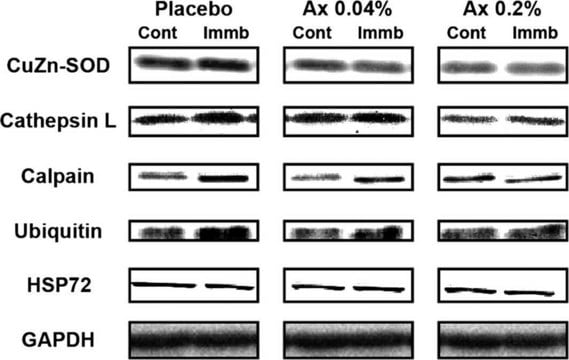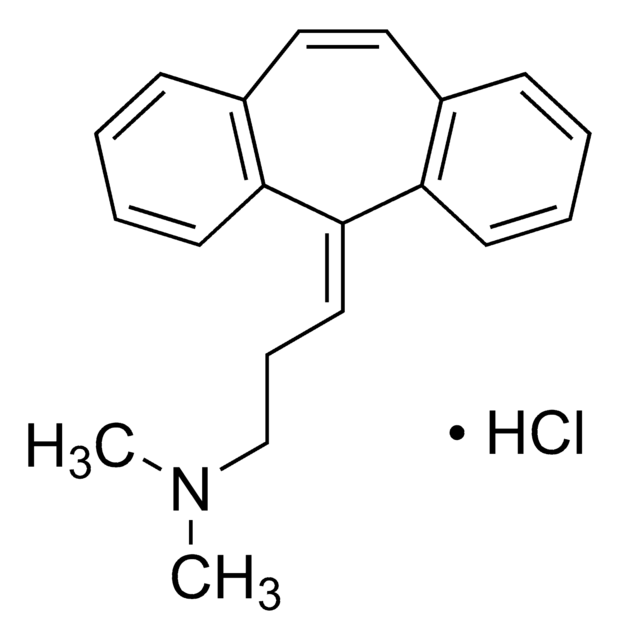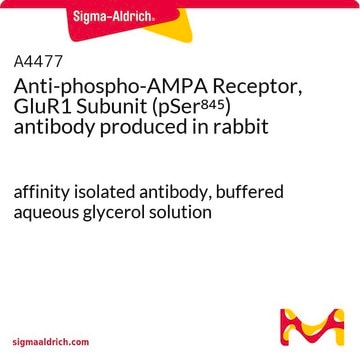C4618
Monoclonal Anti-Cathepsin L antibody produced in mouse
clone CPL33/1, purified from hybridoma cell culture
Sinonimo/i:
Anti-CATL, Anti-CTSL, Anti-MEP
About This Item
Prodotti consigliati
Origine biologica
mouse
Coniugato
unconjugated
Forma dell’anticorpo
purified immunoglobulin
Tipo di anticorpo
primary antibodies
Clone
CPL33/1, monoclonal
Forma fisica
buffered aqueous solution
PM
antigen ~25 kDa (human cathepsin L)
antigen ~42 kDa (human pro cathepsin L)
Reattività contro le specie
human
Concentrazione
~2 mg/mL
tecniche
immunohistochemistry: suitable
indirect ELISA: suitable
western blot: 0.1-0.2 μg/mL using total cell extracts of A549 cells
Isotipo
IgG1
Condizioni di spedizione
dry ice
Temperatura di conservazione
−20°C
modifica post-traduzionali bersaglio
unmodified
Informazioni sul gene
human ... CTSL1(1514)
Cerchi prodotti simili? Visita Guida al confronto tra prodotti
Descrizione generale
Specificità
Immunogeno
Applicazioni
- immunohistochemistry
- indirect ELISA
- western blot : 0.1-0.2 μg/mL using total cell extracts of A549 cells
Azioni biochim/fisiol
Stato fisico
Esclusione di responsabilità
Not finding the right product?
Try our Motore di ricerca dei prodotti.
Prodotti correlati
Raccomandato
Codice della classe di stoccaggio
10 - Combustible liquids
Classe di pericolosità dell'acqua (WGK)
nwg
Punto d’infiammabilità (°F)
Not applicable
Punto d’infiammabilità (°C)
Not applicable
Dispositivi di protezione individuale
Eyeshields, Faceshields, Gloves, type ABEK (EN14387) respirator filter
Certificati d'analisi (COA)
Cerca il Certificati d'analisi (COA) digitando il numero di lotto/batch corrispondente. I numeri di lotto o di batch sono stampati sull'etichetta dei prodotti dopo la parola ‘Lotto’ o ‘Batch’.
Possiedi già questo prodotto?
I documenti relativi ai prodotti acquistati recentemente sono disponibili nell’Archivio dei documenti.
Il team dei nostri ricercatori vanta grande esperienza in tutte le aree della ricerca quali Life Science, scienza dei materiali, sintesi chimica, cromatografia, discipline analitiche, ecc..
Contatta l'Assistenza Tecnica.








